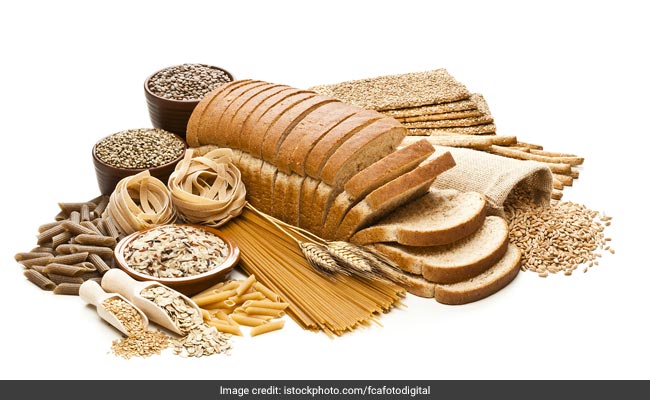Inflammatory diet is characterised by the presence of high amounts of refined carbohydrates, processed and red meats as well as saturated or trans-fats. The diet is called so due to its potential to raise inflammation in the body, which is an internal phenomenon that is linked with several chronic health conditions, including cancers. These diets have been found to be root cause for a number of metabolic conditions and a new study has now linked the consumption of inflammatory diets with increased risk of colorectal cancer, which is the fourth most-frequent cancer worldwide. The study indicated that diet has a huge impact on the risk of developing this type of cancer, which affects the lower end of the digestive tract, including the colon and the rectum.
The study titled, "Dietary Inflammatory Index, Dietary Non-Enzymatic Antioxidant Capacity, and Colorectal and Breast Cancer Risk (MCC-Spain Study)" was published in the journal Nutrients and it looked at the association of breast cancer and colorectal cancer with the type of diet that an individual followed. The study was conducted by researchers at Molecular Mechanisms and Experimental Therapy in Oncology program (Oncobell) of the Bellvitge Biomedical Research Institute (IDIBELL), the Catalan Institute of Oncology (ICO) and finally the Biodonostia Health Research Institute (IIS Biodonostia). For the study, the researchers looked at 1,852 colorectal cancer and 1,567 breast cancer cases.
They computed the dietary inflammatory index (DII) and the total dietary non-enzymatic antioxidant capacity (NEAC) and associated these with risks of colorectal and breast cancer in the population-based multi-case control study in Spain. The study concluded by saying, "In conclusion, the present study adds further evidence on the association between CRC risk and the inflammatory potential of the diet, as well as the combined effect of the inflammatory potential of the diet and its total dietary antioxidant capacity. The increased risk between these dietary scores and BC were not statistically significant. Additional studies with larger sample size should be performed to elucidate any possible association."
(This content including advice provides generic information only. It is in no way a substitute for qualified medical opinion. Always consult a specialist or your own doctor for more information. NDTV does not claim responsibility for this information.)





